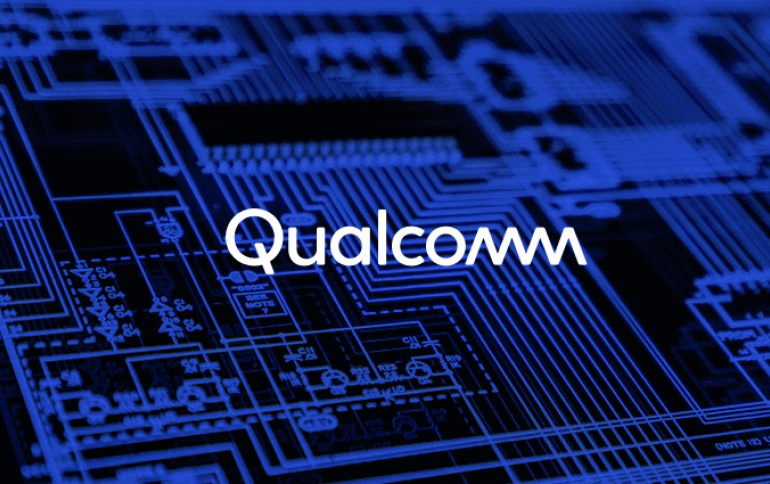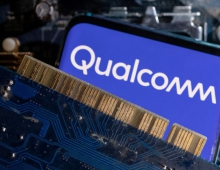
European Commission Fines Qualcomm €242 Million for Engaging in Predatory Pricing
The European Commission has fined Qualcomm €242 million for abusing its market dominance in 3G baseband chipsets.
Qualcomm sold below cost, with the aim of forcing its competitor Icera out of the market. This is illegal under EU antitrust rules.
Commissioner Margrethe Vestager, in charge of competition policy, said: "Baseband chipsets are key components so mobile devices can connect to the Internet. Qualcomm sold these products at a price below cost to key customers with the intention of eliminating a competitor. Qualcomm's strategic behaviour prevented competition and innovation in this market, and limited the choice available to consumers in a sector with a huge demand and potential for innovative technologies. Since this is illegal under EU antitrust rules, we have today fined Qualcomm €242 million."
Today's decision concludes that Qualcomm held a dominant position in the global market for UMTS baseband chipset between 2009 and 2011. This is based in particular on Qualcomm's high market shares of approximately 60% (almost three times the market share of its biggest competitor) and the high barriers to entry to this market. These include the significant initial investments in research and development to design UMTS chipsets and various barriers related to Qualcomm's intellectual property rights.
Market dominance is, as such, not illegal under EU antitrust rules. However, dominant companies have a special responsibility not to abuse their powerful market position by restricting competition, either in the market where they are dominant or in separate markets.
However, the EC's investigation found that Qualcomm abused this dominance between mid-2009 and mid-2011 by engaging in “predatory pricing”. Qualcomm sold certain quantities of three of its UMTS chipsets below cost to Huawei and ZTE, two strategically important customers, with the intention of eliminating Icera, its main rival at the time in the market segment offering advanced data rate performance.
This behaviour took place when Icera was becoming a viable supplier of UMTS chipsets providing high data rate performance, thus posing a growing threat to Qualcomm's chipset business.
The Commission's conclusion that Qualcomm engaged in predatory pricing during the period investigated is based on:
- a price-cost test for the three Qualcomm chipsets concerned;
- a broad range of qualitative evidence demonstrating the anti-competitive rationale behind Qualcomm's conduct, intended to prevent Icera from expanding and building market presence.
The Commission concluded that "Qualcomm's conduct had a significant detrimental impact on competition. It prevented Icera from competing in the market, stifled innovation and ultimately reduced choice for consumers."
In May 2011, Icera was acquired by US tech company Nvidia, which decided to wind down its baseband chipset business line in 2015.
The fine represents 1.27% of Qualcomm's turnover in 2018 and is also aimed at deterring market players from engaging in such anti-competitive practices in the future.
The latest penalty comes a year after Qualcomm was ordered to pay 997 million euros for thwarting rival suppliers to Apple.
Qualcomm said in a statement it will appeal and “expose the meritless nature of this decision.” It said it plans to provide a financial guarantee instead of paying the fine, until the courts have ruled.
“The commission’s decision is based on a novel theory of alleged below-cost pricing over a very short time period and for a very small volume of chips,” Qualcomm’s general counsel Don Rosenberg said in the statement. “Contrary to the commission’s findings, Qualcomm’s alleged conduct did not cause anti-competitive harm to Icera.”





















